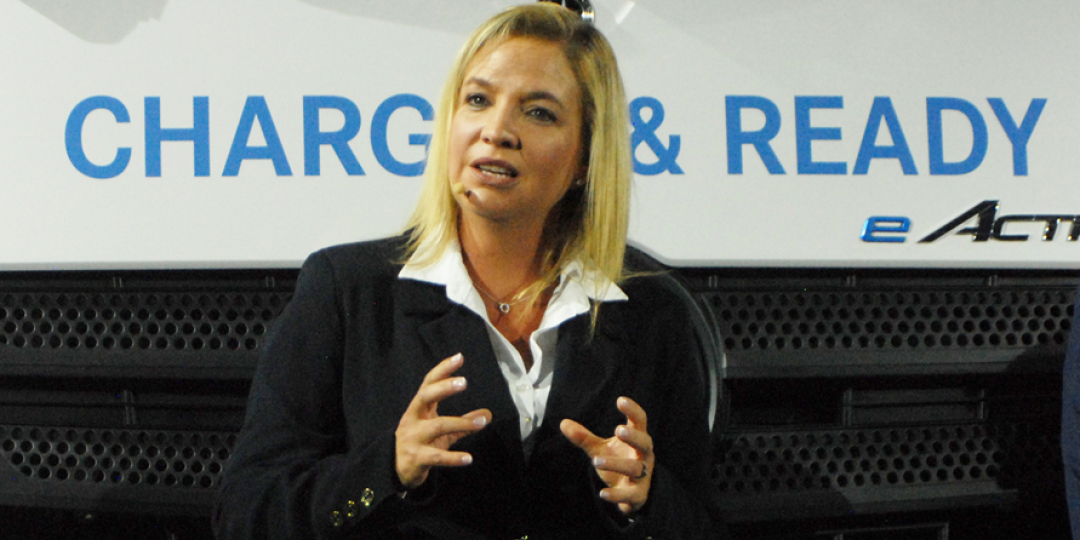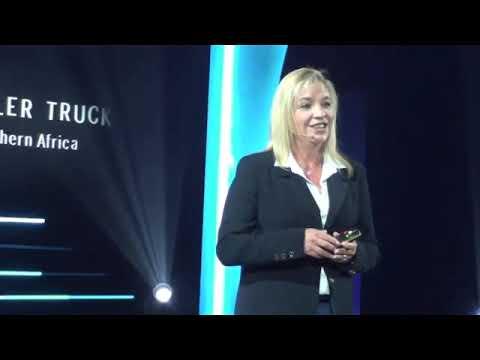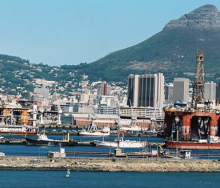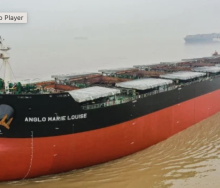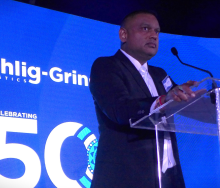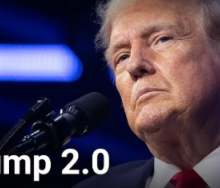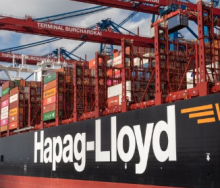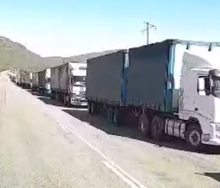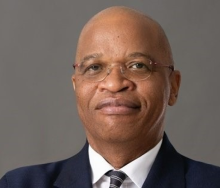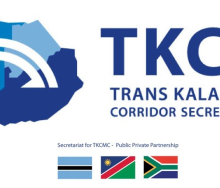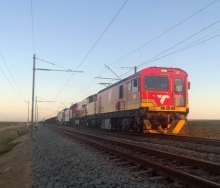The race is on to dominate much-needed carbon neutrality in the global road freight market, and German original equipment manufacturer (OEM) Daimler believes it is leading the pack with a new range of electric-powered trucks launched locally on Tuesday.
Speaking at the Lanseria e-mobility event, Daimler Truck SA President and Group CEO, Maretha Gerber, said there was no cooling off from the trajectory the world has been placed on through a planet warming at about 1.1 degrees Celsius a year.
“It is a necessity for us to change.
“It is predicted that 7% of the carbon emissions come from the commercial vehicle industry today,” she said.
Confirming her sentiments are World Bank data that have found South Africa to be one of the biggest emitters of CO2.
According to climate change platform Carbon Brief: “The Global Carbon Atlas ranks South Africa as the 12th-highest emitter globally, while the World Bank lists it as the 13th-highest emitter, specifically for CO2 emissions.”
The groundswell against global warming that had rippled across markets internationally, meant leading OEMs had adapted their manufacturing models accordingly, Gerber said.
“Sustainability matters go beyond the products and agreements we have made as a company. It is crucial for business success. Our customers are demanding carbon-neutral products to support their CO2-emission strategies,” she said.
Gerber emphasised that international law was also forcing the hand of heavy industry, and evidently for good reason.
“Legislation is changing globally and has a direct impact on the products that are offered globally. As a result DTSA, being a part of a global company, is directly affected by this.”
Gerber said that as a signatory of the landmark 2015 Paris Agreement against climate change, South Africa had undertaken to change over to 41% renewable energy usage by 2030, a carbon emission reduction target that has since been adjusted to 2035 due to domestic energy dynamics.
As an OEM, Daimler’s decarbonisation ambition was about “leading sustainable transportation” through its new Mercedes-Benz eActros 300 and FUSO eCanter trucks, Gerber said.
“Investors are looking for companies that have carbon-neutral products in their offering so that they in turn can improve their CO2 emission strategies.”
At a separate but similar launch, tyre manufacturer Michelin also pulled out the proverbial stops to promote its Total Cost of Ownership model, eschewing old-fashioned cost-per-kilometre calculations to decarbonise truck fleet operations through products like low-rolling resistance tyres and their benefits for fuel consumption.
Probed about the cost of such methods, Sub-Saharan managing director Amaury Vadon said Michelin intended to lead through leaner, meaner and greener ways of operational efficiency.
“We are coming from an industry where there is a lot of cross-company comparison and competition,” he said.
But Michelin homed in on existing high-level research coming out of the European Union, preferring instead to work with fleets.
“We don’t look at competitors because the competitors don’t have our approach,” Vadon said.
Capturing the market’s imagination through classy carbon-neutral machines very much summed up Daimler’s response to the zeitgeist of a warming world, Gerber said.
“Our competition is also bringing in carbon-neutral products fast and furious, so the race is on to bring these products to the market as soon as possible.”
